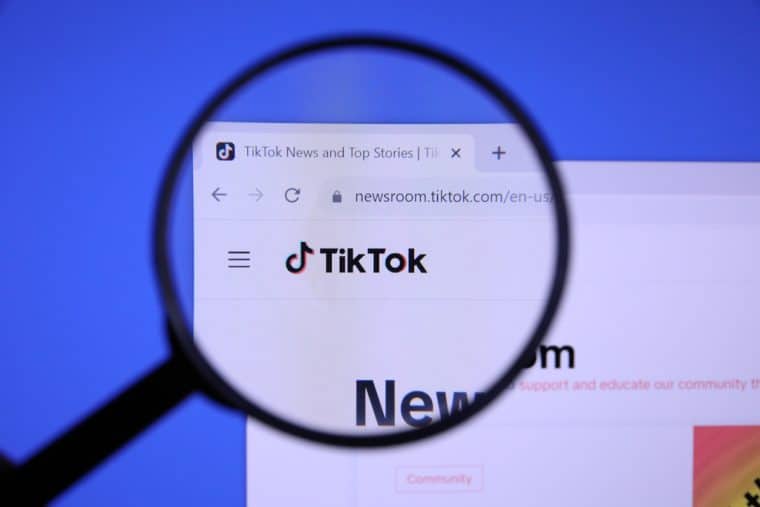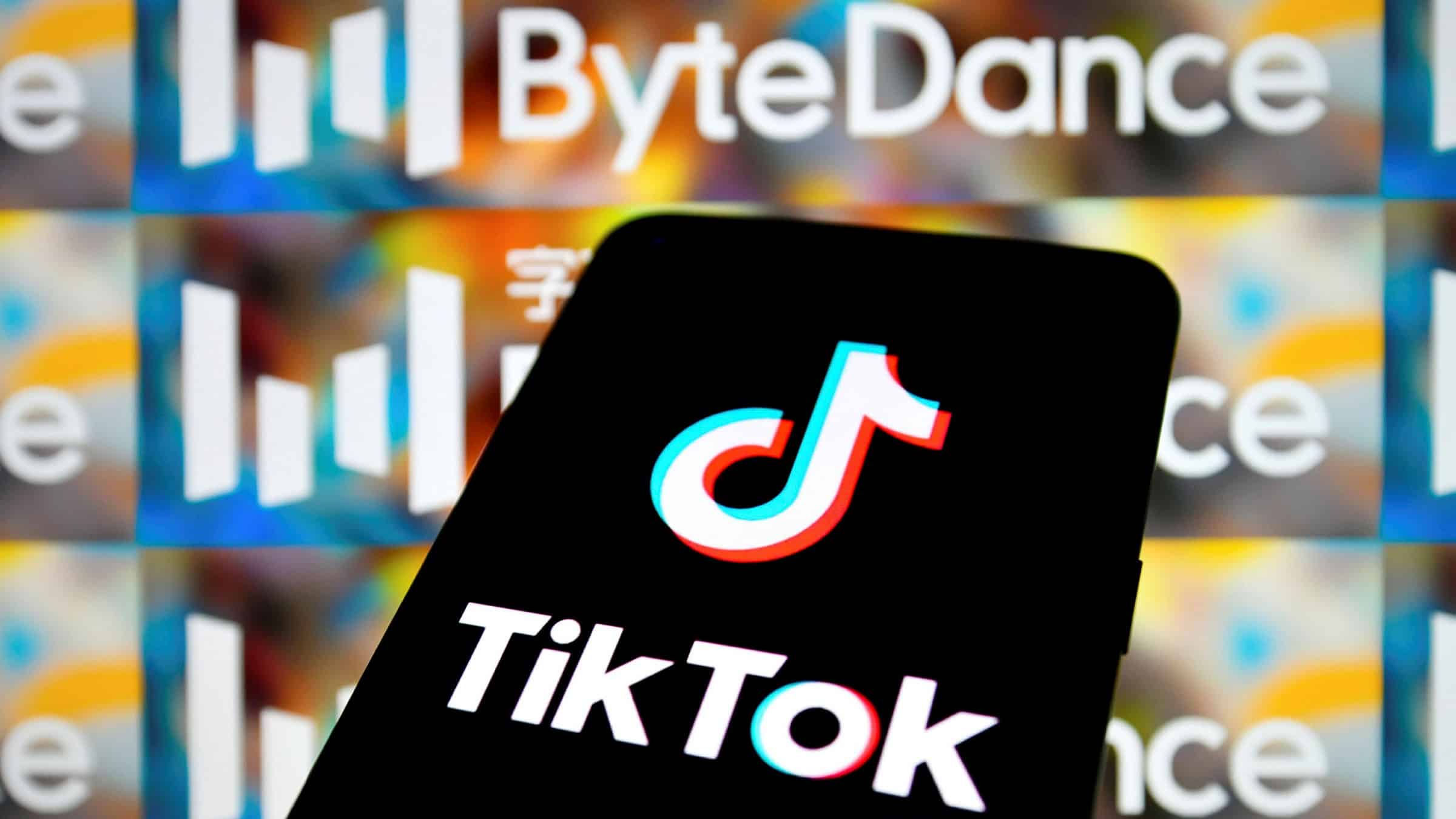Recent reports have raised significant concerns about the close relationship between TikTok and its Chinese parent company, ByteDance, despite the platform’s many claims of independence.
Multiple former TikTok employees have come forward with allegations that the social media service’s operations were closely intertwined with their Chinese parent company, ByteDance, during their tenures, casting serious doubt on the company’s assertions of autonomy.
These revelations have provided more ammunition for TikTok’s critics, who fear that the Chinese government could leverage the app as a tool for espionage and surveillance of Americans by gaining access to the vast troves of user data it collects.
The stakes are high as US lawmakers have been pushing aggressively for a ban on TikTok in the country.
Key Highlights: TikTok’s Data Sharing Controversies
- Recent whistleblower allegations reveal that TikTok has been sharing US user data with ByteDance, contradicting its public claims of separating operations.
- These reports have intensified concerns over national security, as TikTok’s links to its Chinese parent company may allow data access by the Chinese government.
- U.S. lawmakers are pushing harder for a potential ban or forced sale of TikTok.
- Latest Update: Former TikTok employees confirmed that sensitive US user data was regularly shared with ByteDance, raising concerns about potential misuse by the Chinese government, with legislative action on TikTok looming.
Ongoing Data-Sharing with ByteDance Confirmed by Former Employee

One of the most concerning allegations comes from Evan Turner, a former senior data scientist at TikTok who worked at the company from April to September 2022.
Turner told Fortune that despite TikTok’s public claims of separating user data from its Chinese parent, he was regularly required to email spreadsheets filled with sensitive information on hundreds of thousands of US users to ByteDance employees in Beijing.
This data included names, email addresses, IP addresses, and geographic and demographic details – the very type of information that TikTok had pledged to keep within the US and away from ByteDance as part of its “Project Texas” initiative to address regulatory concerns.
This is particularly worrying for US national security as all Chinese companies are required to assist in National Intelligence work when requested, which includes sharing sensitive data with the government.
Turner says he merely relayed status updates to a ByteDance executive in China during their weekly check-ins, but the transfer of user data directly contradicts the company’s public statements.
“I literally worked on a project that gave US data to China”, Turner said. “They were completely complicit in that. There were Americans that were working in upper management that were completely complicit in this.”
TikTok declined to comment directly on Turner’s allegations, dismissing them as “completely unfounded assertions brought forth by disgruntled ex-employees.” However, the company did not provide any evidence to refute his specific claims.
Also read: 100+ TikTok Statistics for April 2024 – Users, Revenue & More
Shared Software Systems Raise Concerns
Another area of concern highlighted by former employees is the software systems shared between TikTok and ByteDance, which they say could enable Chinese personnel to access sensitive US user data.
Patrick Spaulding Ryan, TikTok’s former lead technical program manager for security engineering, and another US-based ex-employee, cited the internal messaging platform Lark as one of the systems that ByteDance’s employees could monitor.
Because Lark is run by ByteDance, former workers say that Chinese personnel could potentially view discussions by TikTok employees about US user data.
Similarly, they point to Seal, an authentication app and VPN network that TikTok employees were required to download on their personal devices. Ryan argues that this gave ByteDance a way to keep track of the activities of U.S. workers despite the app’s stated purpose of protecting their identities and systems.
Nnete Matima, who worked in business development at both TikTok and ByteDance, says that she was unable to provide satisfactory answers to prospective Lark customers about where the platform stored user data, which is indicative of a lack of transparency.
“You could never really get any straight answers that could be solid enough to bring back to your client to basically let them know that this is a trustworthy platform, and that their American data is safe” Matima highlighted.
While a cybersecurity expert interviewed by Fortune dismissed these claims altogether and claimed they were just “paranoia”, others have voiced their concerns that these are not healthy practices.
Anton Dahbura of Johns Hopkins University categorized the alleged data sharing as “very concerning”, warning that even seemingly innocuous information like geographic data could be used maliciously.
“Even though a spreadsheet is probably a very tiny percentage of all of the information that TikTok collects, it can be extremely targeted and very damaging to certain people”, Dahbura stressed.
TikTok May Very Well Be Banned Soon
These revelations have provided further fuel for US lawmakers who are pushing for an outright ban of TikTok in the country’s territory.
In March, the full House of Representatives voted 352-65 on a bill that would force ByteDance to sell its stake in the app to a non-Chinese company, a measure that President Biden has said he would sign if it reaches his desk.
US policy experts now expect a ban to pass Congress as well. The internet community seems to agree as a popular prediction market’s odds on a TikTok ban or sale skyrocketed to 75% following the recent reports from ex-employees of data-sharing with Bytedance.
Oh my god… TikTok Ban odds just jumped to 75%.
Is it actually the end of TikTok in the US? pic.twitter.com/YSIzqnDGqb
— Tarek Mansour (@mansourtarek_) April 9, 2024
The increased scrutiny has also prompted regulatory action.
In late March, Politico reported that the Federal Trade Commission (FTC) had been investigating TikTok over alleged “faulty data and data security practices” including claims that the company deceived users by denying China’s access to their data and violated a children’s privacy law.
Chinese Laws Force Companies to Maintain a Relationship with the Chinese Communist Party (CCP)
Underpinning these concerns about TikTok’s data practices are fears about its parent company’s close ties to the Chinese government and the Chinese Communist Party (CCP).
Several reports have suggested that ByteDance has a substantial CCP presence within the organization (like most large Chinese companies), which makes it more likely that sensitive US data is being shared with the Chinese government.
Axios reports that a total of three laws in China compel individuals, organizations, and corporations to cooperate with the CCP and even establish a party presence within their ranks to gather intelligence and help the country protect its national security.
These laws have fueled concerns that ByteDance, a Beijing-based company, may be obligated to share TikTok user data with the Chinese government upon request, even if the data is stored on servers in the United States or elsewhere.
Also read: Is TikTok Shop the Goldmine Ecommerce Has Been Waiting For?
The involvement of ByteDance executives in TikTok’s operations has also been a point of contention. According to a lawsuit filed by former TikTok executive Katie Puris, ByteDance chairman Lidong Zhang regularly led bimonthly meetings with TikTok executives, undermining the platform’s claims of independence.
Puris alleged in her complaint that “despite its attempts to appear independent, TikTok’s day-to-day management and business decisions came directly from ByteDance’s top-level management in China.”
The Potential Fallout of Proven Ties with ByteDance and CCP Involvement
If the US Congress and President are convinced by the evidence at hand, whether it’s definitive or not, TikTok will likely face a forced sale or even a ban.
A ban on the platform in the US would be a major financial blow to ByteDance from as it would immediately cut off access to one of its largest and most lucrative markets.
Even if it avoids a ban, these revelations could also jeopardize TikTok’s efforts to distance itself from ByteDance and establish itself as an independent entity. This could undermine the company’s credibility with both users and regulators, making it increasingly difficult to convince stakeholders that their data is secure and their privacy is protected.
Moreover, the exposure of these alleged ties are likely to lead to heightened scrutiny and investigations by US authorities, potentially resulting in fines, legal action, or other punitive measures. This could further erode the public’s trust in the platform and make it an even more challenging environment for TikTok to operate in.
As the regulatory pressure mounts and more former employees come forward with allegations, TikTok’s future in the US market remains uncertain. The company’s ability to convince lawmakers and the public of its independence and data security practices will be crucial in determining if it can weather this growing storm.
